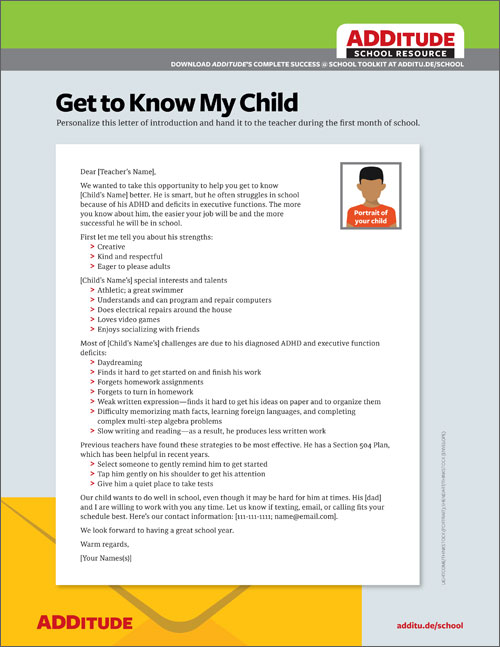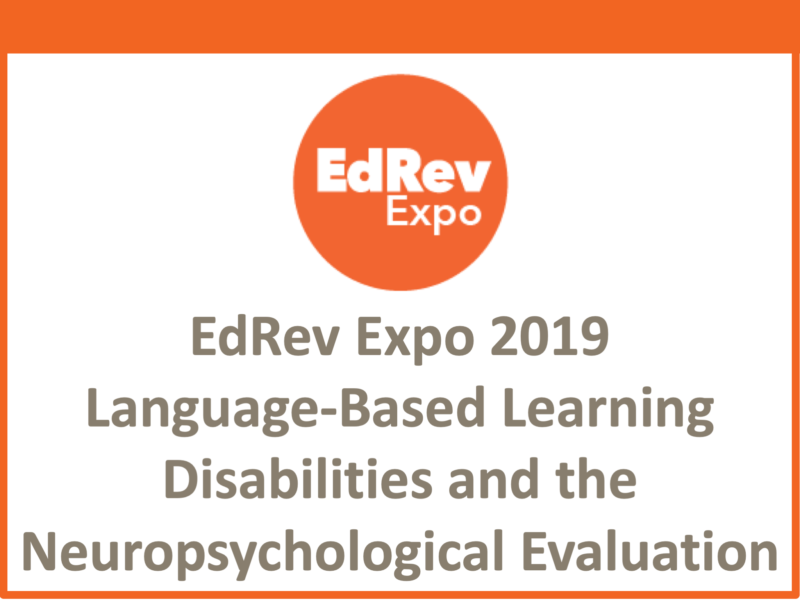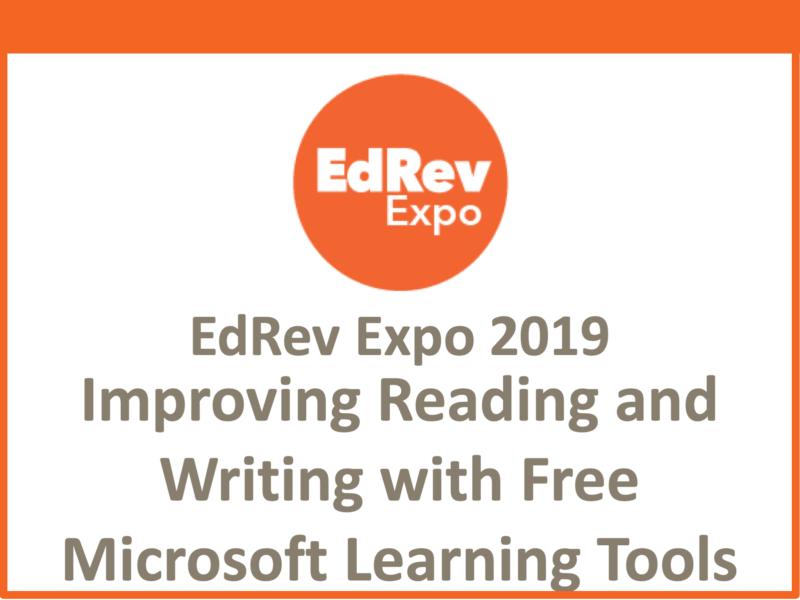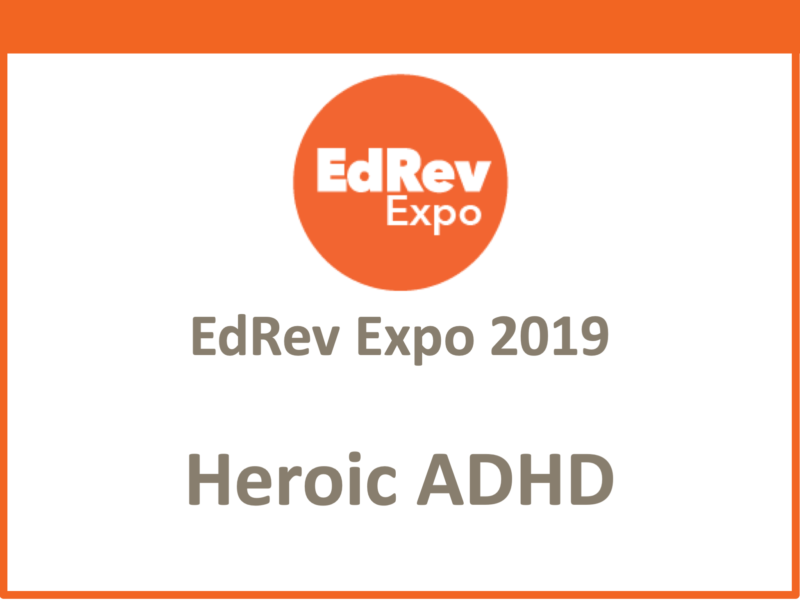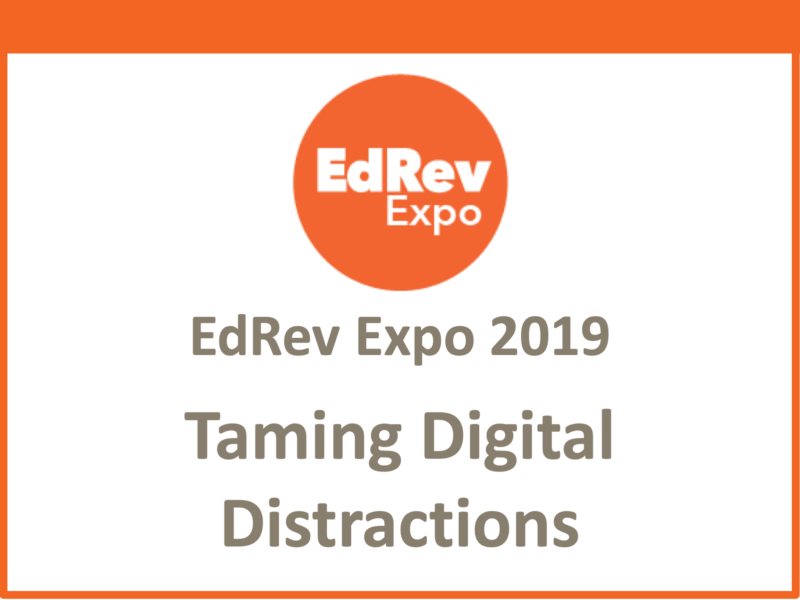
Four Back to School Tips for Parents of Children with ADHD
With children heading back to school, now is the perfect time to work on strategies like getting more sleep and less screen time to set your child on the road to success this school year. Read more >>
